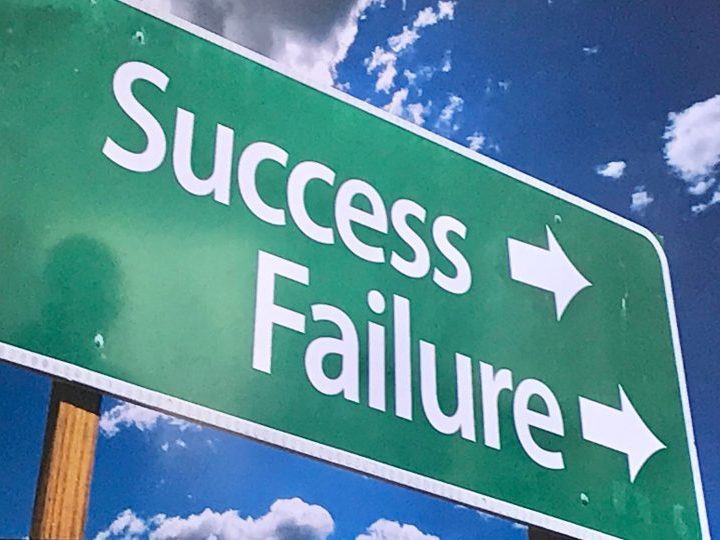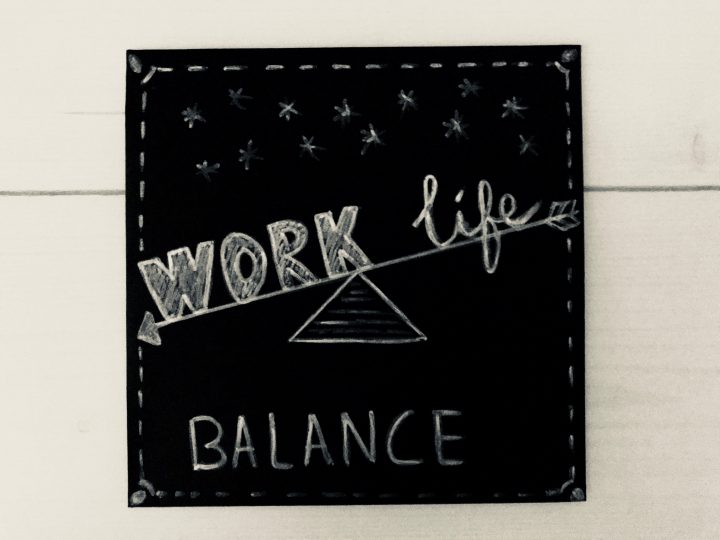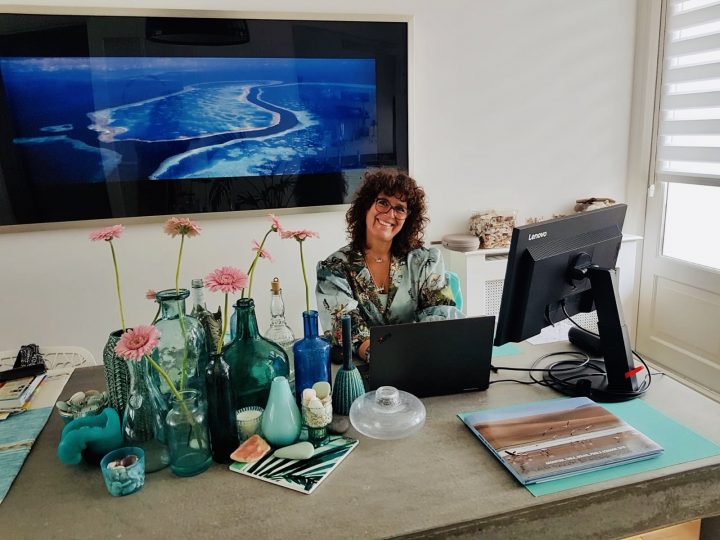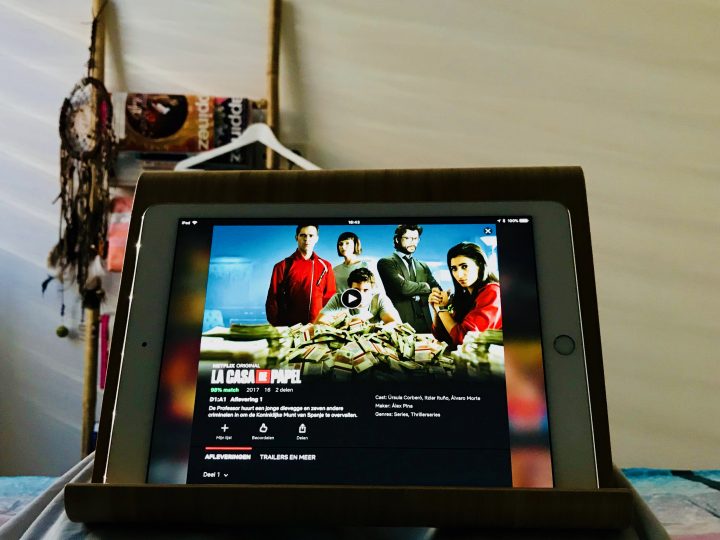I had an interesting lecture from the Professor Paul Iske who is the founder and Chief Failure Officer (CFO) of the Institute of Brilliant Failures (in Dutch Instituut voor Briljante Mislukkingen).
What are Brilliant Failures?
This already sounds awkward right? Why looking at failures as a topic and look them in a positive way? For me as a rather perfectionist at least it was, that is way this seminar was so interesting not only for me but for everybody in the audience. So that is why I wanted it to share it with you too!
Naturally we celebrate and share the successes; we post it on our Instagram or Facebook account or even pop the champagne occasionally. And of course we should keep doing that, but what about the F*ck Ups we make? We never show of with the failures we made. It’s more common to share our success stories than our learned lessons and that is a shame, because it could prevent innovation.
What is it that we don’t show our failures? The main emotion is fear, right? What do people think of me? So it would help that we should not be too hard on each other, that is how we could fight the fear. We have to accept that we make mistakes and that others do too.
If you think of your own biggest failure haven’t you learned from this mistake? Haven’t you picked up the pieces and became stronger and wiser person after the whole process. You will probably never make the same mistake twice. Paul showed a slide that really made sense to me:
FAIL= First Attempt In Learning
“Sometimes you Earn, sometimes you Learn”
Examples of Brilliant Failures
Did you know that the Viagra pill was invented by mistake!? The pharmaceutical company Pfizer wanted to develop a medicine for angina (chest pains and high blood pressure). The medicine did not have the desired effects; however patients reported erections and improved potency as side effects! The rest is history.
In a culture where you are allowed to make mistakes you can create a more innovation and creative environment. To who would you lent your money to?: 1) The start-up with a great new idea or 2) A start-up who failed an idea and doing a second attempt….? Indeed the practice and learning curve is worth a lot!
A fantastic example was the Curriculum Vitae (CV) of failures from a Professor that showed all his failures over the years. He prepared this in order to balance and show perspective against his normal success CV.
Try to make your own CV of failures. That could vary from business related mistakes, but also private related topics.
Paul promotes an environment of entrepreneurship by learning to deal with risks and the evaluation of mistakes, this seminar created more awareness not being afraid to make mistakes. This lecture really was an inspiration for me; the way of thinking is so different than I normally do in my and probably your daily life as well.
Thanks Paul for the inspirational lecture!
My lesson learned: Don’t be ashamed of your failures, try to embrace them!











